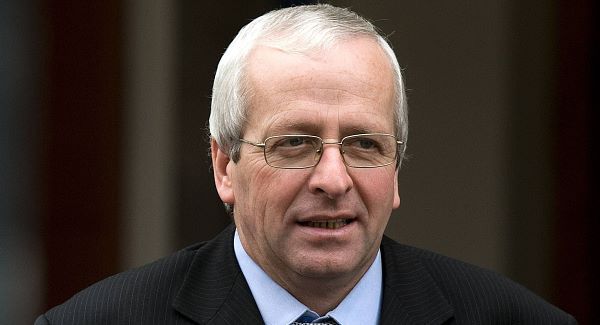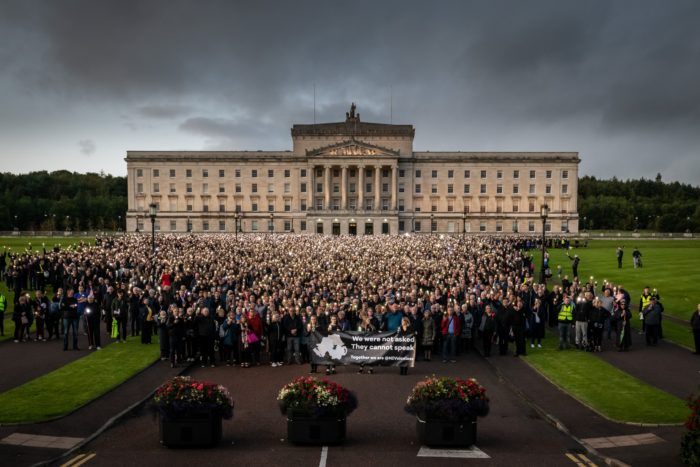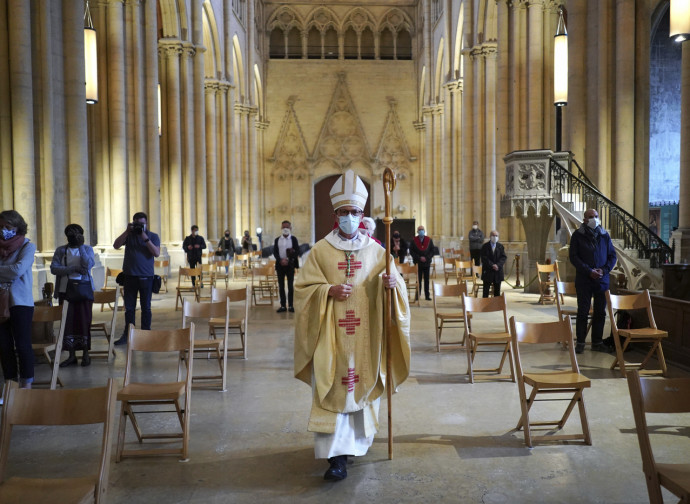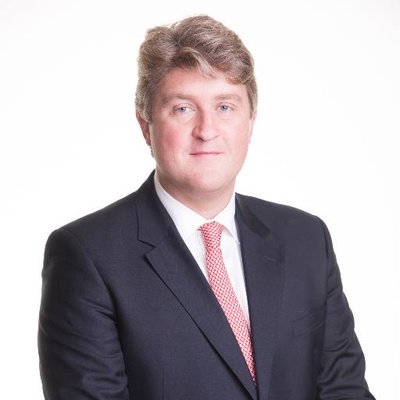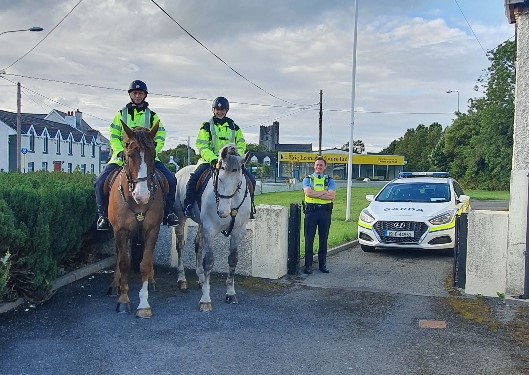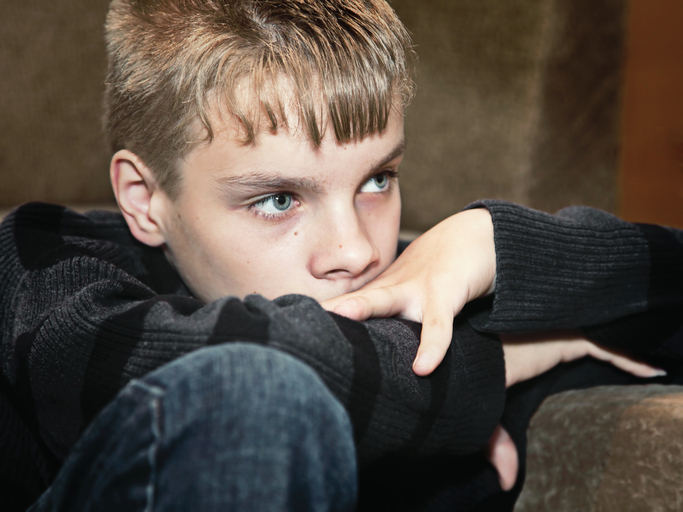Scotland’s churches can reopen immediately after Covid regulations that forced their closure and criminalised public worship were deemed a breach of human rights.
Lord Braid said the regulations disproportionately interfered with the freedom of religion secured in the European Convention on Human Rights. In striking down the blanket ban, the judge allowed the previous regulation to return, namely, a limit of up to 50 people if the place of worship is large enough to facilitate 2m social distancing.
In the ruling, the Judge said it was difficult to see why the Scottish courts services could use cinemas to conduct jury trials, but yet parishioners were prevented from going to church.
Measures such as social distancing and limiting numbers did not appear to have been considered and an instruction to conduct religious services online was not for the State to dictate:
“That might be an alternative to worship but it is not worship. At very best for the respondents, in modern parlance, it is worship-lite”.
Sacramental issues such as Catholics receiving the Eucharist and attending confession had not factored into government thinking, he added.
“For all these reasons, I am clear that the effect of the closure of places of worship is that the petitioners, and the additional party are effectively prevented from practising or manifesting their religion, however many broadcasts or internet platforms may exist.”
Rev Dr William Philip, senior minister at the Tron Church in Glasgow, welcomed the ruling, saying “the approach to banning and criminalising gathered church worship was clearly an over-reach and disproportionate and if this had gone unchallenged it would have set a very dangerous precedent”.

